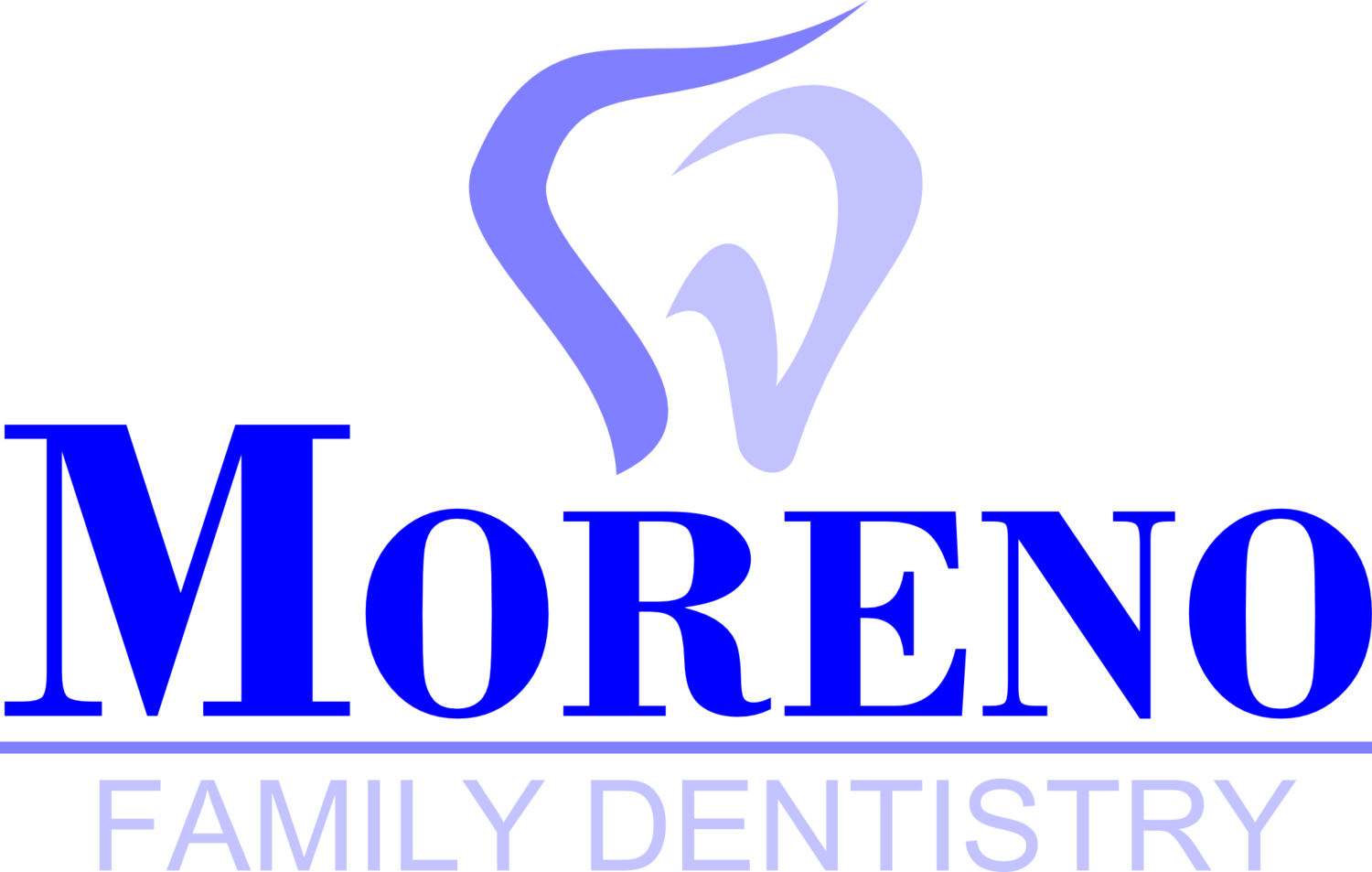Dental extractions involve the removal of a tooth from its socket in the jawbone and are classified into two main types: simple and surgical. Simple extractions are performed on visible teeth using local anesthesia, gently loosening the tooth with instruments before removal. Surgical extractions are more complex, involving impacted or inaccessible teeth requiring incisions, possible bone removal, and sometimes sectioning for extraction. Both procedures aim to alleviate pain and restore oral health and may involve post-operative care such as gauze placement or stitches. Understanding these procedures helps patients prepare for treatment and follow appropriate aftercare instructions for optimal recovery and oral health maintenance.
Reasons for Dental Extractions
- Extraction may be necessary to prevent further damage and infection when decay has progressed to an extent where it compromises the tooth structure beyond repair.
- Periodontal disease can cause teeth to become loose and affect the surrounding bone structure. In some cases, extraction is needed to preserve overall oral health.
- Wisdom teeth may become impacted (trapped beneath the gum line) due to lack of space in the jaw, causing pain, infection, or damage to adjacent teeth. Extraction is often recommended in such cases.
- Sometimes, teeth are extracted to create space in the mouth for proper alignment during orthodontic treatment.
- Teeth that are fractured extensively or damaged beyond repair due to trauma may need to be extracted.
- In cases of severe crowding, teeth may be extracted to facilitate orthodontic treatment and achieve better alignment.
- Extraction may be the only option to prevent further complications if a tooth doesn't respond to root canal therapy or develops a new infection.
- Teeth that are extensively fractured and cannot be restored may need to be extracted to prevent pain and infection.
Types of Dental Extractions
Simple Extractions
Simple extractions are typically performed on teeth visible in the mouth and can be accessed easily by the dentist. The procedure begins with administering local anesthesia to numb the tooth's surrounding area. Using specialized dental instruments like elevators and forceps, the dentist in Kansas City, KS, gently loosens the tooth from its socket. Once sufficiently loosened, the tooth is carefully lifted out. Simple extractions are commonly recommended for teeth that are decayed, damaged, or loose due to periodontal disease. After the extraction, our dentist may place gauze over the extraction site to control bleeding and promote clotting. Healing typically occurs within a few days to a week, with minimal discomfort for the patient.
Surgical Extractions
Surgical extractions are more complex and are necessary for teeth that are not easily accessible or visible in the mouth. This includes impacted teeth, such as wisdom teeth that are partially or fully embedded in the jawbone and gums. The procedure begins with anesthesia, ranging from local anesthesia to sedation or general anesthesia, depending on the complexity and patient's comfort level. A small incision is made in the gum tissue to access the tooth and surrounding bone. In cases where the tooth is impacted or has curved or long roots, the dentist or oral surgeon may need to remove a small amount of bone or divide the tooth into sections to facilitate its removal. After extraction, stitches may be placed to close the surgical site. Contact us today to learn more.
Impact of Dental Extractions on Oral Health
Pain Relief
Dental extractions in Kansas City, KS, can provide immediate relief from persistent pain caused by severe tooth decay, trauma, or infection. By removing the source of discomfort, patients can experience relief and improved quality of life.
Prevention of Infection
Extracting a severely infected tooth prevents the spread of bacteria and infection to surrounding teeth, gums, and even into the bloodstream. This proactive approach helps prevent more serious health complications.
Improved Oral Health
Removing a severely damaged, decayed, or impacted tooth can contribute to better overall oral health. It eliminates a potential source of chronic inflammation and infection, reduces the risk of gum disease, and preserves the health of adjacent teeth.
Facilitation of Orthodontic Treatment
Dental extractions may be necessary to create space in the mouth for orthodontic treatment, such as braces. By removing overcrowded or misaligned teeth, orthodontists can achieve better alignment, improve bite function, and enhance the overall effectiveness of treatment.
Prevention of Complications
Extracting impacted wisdom teeth or teeth that are at risk of damaging adjacent teeth can prevent future complications such as crowding, misalignment, and impaction. This proactive approach avoids potential problems and the need for more invasive procedures later.
Enhanced Aesthetics
Extracting severely damaged, discolored, or misshapen teeth can improve the appearance of a patient's smile. This can boost self-confidence and improve overall facial aesthetics.
Aftercare Tips Following Dental Extractions
- Bite gently on the gauze pad placed by your dentist to help reduce bleeding and allow a blood clot to form in the socket.
- To manage discomfort, take pain medications as prescribed by your dentist and apply ice packs to the outside of your face at intervals to reduce swelling.
- Stick to soft foods that are easy to chew and swallow, such as yogurt, applesauce, or soups, and gradually reintroduce solid foods as you heal.
- Refrain from using straws and smoking, as these activities can dislodge the blood clot and delay healing.
- Continue to brush your teeth gently and carefully around the extraction site, avoiding the area itself. Rinse with salt water or prescribed mouthwash to keep the area clean.
- Rest for the first 24 hours after extraction and avoid strenuous activities that could increase blood pressure and prolong healing.
Dental extractions are common procedures to improve oral health and alleviate pain or discomfort caused by damaged or problematic teeth. Visit Moreno Family Dentistry at 753 State Ave Suite 375, Kansas City, KS 66101, or call (913) 647-1900 to schedule an appointment and learn more about how we can help you maintain optimal oral health and comfort throughout the extraction process.

